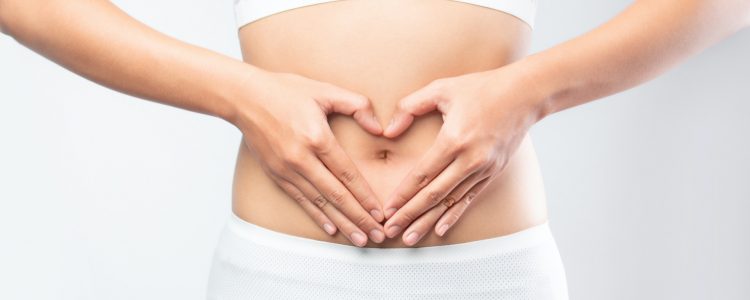Menopause MATTERS & Microbiome Connections

We are all familiar with the hormonal fluctuations and decline in oestrogen that contributes to the familiar, debilitating symptoms of menopause, however recurring urinary tract infections (UTIs), weakening bones and elevated cardiovascular risk are perhaps more serious, longer-term symptoms that need addressing and perhaps should not be viewed as an inevitable consequence of menopause.
Researchers have been looking at the teeming, live populations of microbiota that inhabit our gut and genitourinary tract – and discovered that they could, and should be contributing a beneficial role during this transition, beyond the more obvious gut health with which we associate them.
Three long term symptoms of menopause
The mucosal tissues of the vaginal canal become thinner, drier, and easily irritated as oestrogen declines. This can lead to an elevated risk of genitourinary tract infections. Prior to puberty, the pH of these mucosal tissues is neutral or alkaline with the presence of Corynebacterium and Staphyloccocus bacteria. As sex hormones start to rise with puberty, the vaginal pH becomes more acidic making a favourable environment for Lactobacillus species, which remain protective throughout a woman’s reproductive years.
As oestrogen declines with menopause, altering the pH, the number of lactic acid producing Lactoacillus species also drop, enabling more opportunistic species like E.Coli to gain ground, causing infection and inflammation. Studies have shown oral probiotics – that typically contain Lactobacillus – can migrate successfully to the genitourinary tract, to effectively rebalance the microflora and thereby significantly reduce the incidence of UTIs.
An increased risk of bone fractures is another long-term symptom of the menopause, as bone mineral density declines and bone remodelling gets disrupted by falling oestrogen levels. Throughout the reproductive life, oestrogen plays an important role in healthy bone remodelling by lowering the sensitivity of bone tissue to the action of parathyroid hormone, which controls bone resorption. Oestrogen also ensures good levels of calcitonin, the hormone which inhibits the action of osteoclasts – the cells that break down bone.
The menopausal reduction of the bone protective action of oestrogen also creates a cardiovascular risk, because without oestrogen inhibiting bone resorption, more calcium gets released into the blood from the increase in osteoclast activity. Too much calcium circulating in the blood can result in kidney stones and raise the risk of calcium plaque building up in arteries. So as the bones weaken, cardiovascular risk increases during menopause.
The good news for those women choosing to pursue a natural menopause without HRT is that a healthy gut microbiome has been shown to mitigate these long term symptoms of menopause.
Bone homeostasis has been shown in research to be influenced by our intestinal microflora. Research has shown women with healthy levels of Prevotella experience less postmenopausal bone mass loss, and having healthy levels of Lactobacillus and Bifidobacterium in the gut can help promote the absorption of minerals like magnesium, calcium and phosphorus, supporting bone mineral density. These bacterial species also synthesise bone-supporting vitamins K and B, and the bile acids that help regulate calcium absorption.
In conclusion, whilst menopause brings an inevitable decline in hormone levels, with varying symptoms for all women, the longer term physiological consequences in terms of vaginal, bone and cardiovascular health can be ameliorated to a certain extent by supplementing with probiotics to boost these all important gut microbiota, whilst ensuring the diet contains all the necessary vegetables and fibre that will ensure beneficial species colonise and thrive.
References: Siddiqui R et al., (2021) The Gut Microbiome and Female Health Biology (Basel) 11(11):1683 Zhongxiang Wang et al., (2021) An emerging role of Prevotella histicola on estrogen deficiency-induced bone loss through the gut microbiota-bone axis in postmenopausal women and in ovariectomized mice. Am J of Clin Nutr 114(4):1304-1313.
